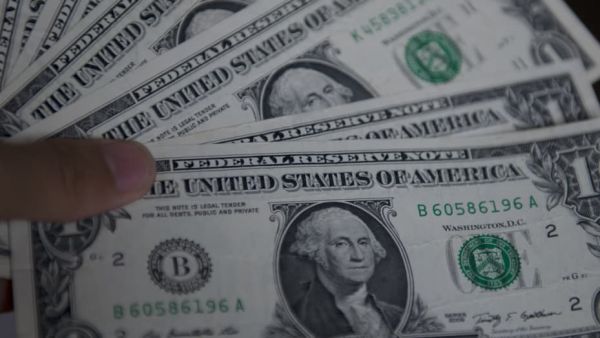ALBAWABA - On Tuesday, December 26th, the dollar struggled amid light trading due to the Christmas holiday, while facing pressure from indicators suggesting that inflation in the world's largest economy is receding. This would give the US Federal Reserve room to lower interest rates next year.
At the same time, the yen remained near its highest level in five months, which it recently reached amid expectations that the Bank of Japan will soon end its ultra-loose monetary policy. Throughout most of 2022 and 2023, this policy has kept the Japanese currency under pressure, while other major central banks have raised interest rates.
Weak Movements on the Day After Christmas
Currency movements were largely muted on the day after Christmas, with markets remaining closed in Australia, New Zealand, and Hong Kong as part of the holiday.
Against the dollar, the euro declined 0.06% to $1.1019, but it remained not far from its highest level in over four months at $1.1040, which it reached last week.
There was no significant change in the British pound, trading at $1.2701, while the Australian and New Zealand dollars remained near their highest levels in five months.
The dollar index, which measures the currency against a basket of major currencies, declined near its lowest level in five months, which it reached last week at 101.42 points, and reached 101.65 points.
In Asia, the yen rose 0.1% to 142.20 against the dollar, drawing additional support from comments by Bank of Japan Governor Kozo Oida, who hinted at the possibility of a policy shift.
The New Zealand dollar rose 0.1% to $0.63145, while the last price for the Australian dollar was







